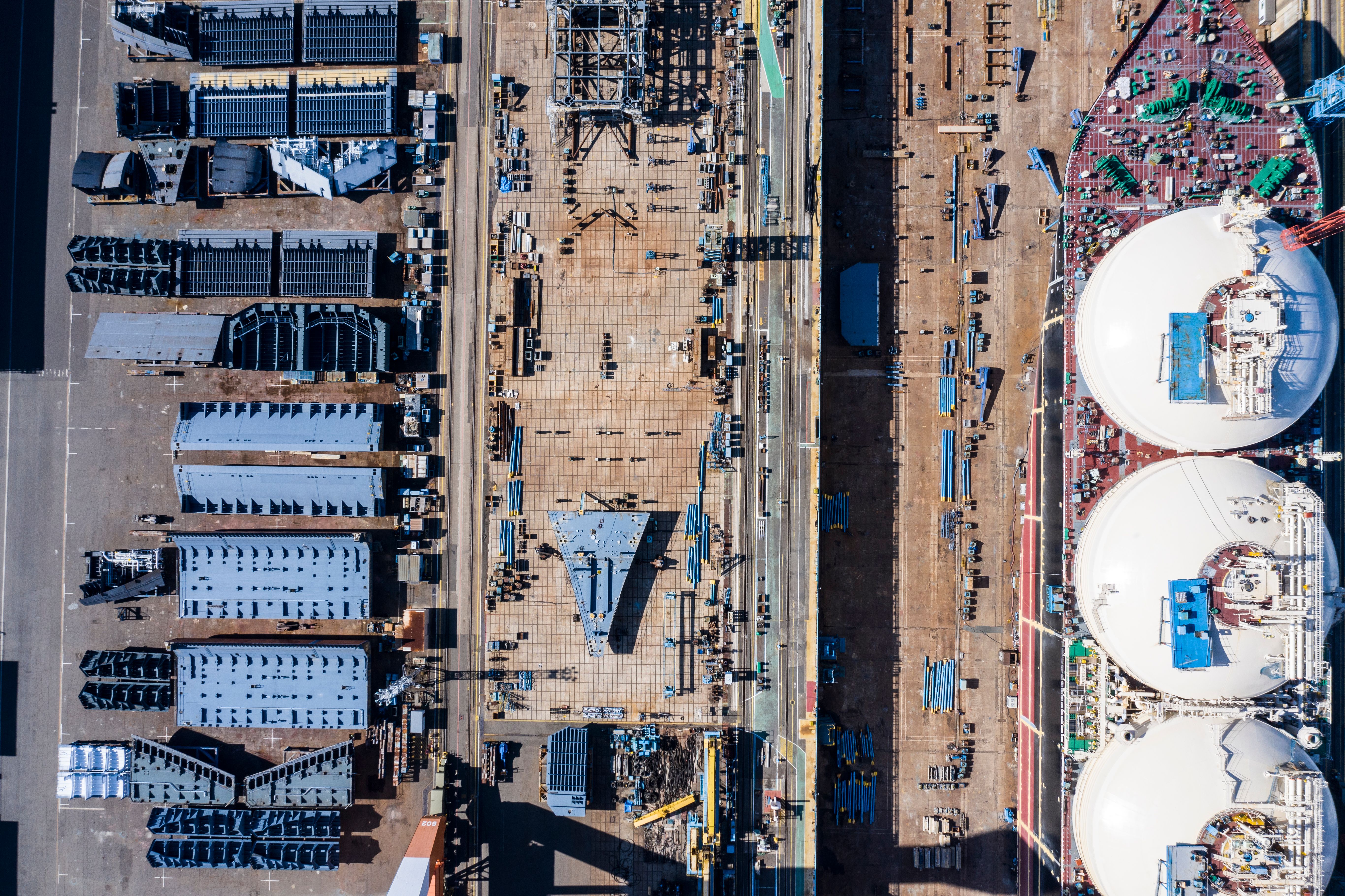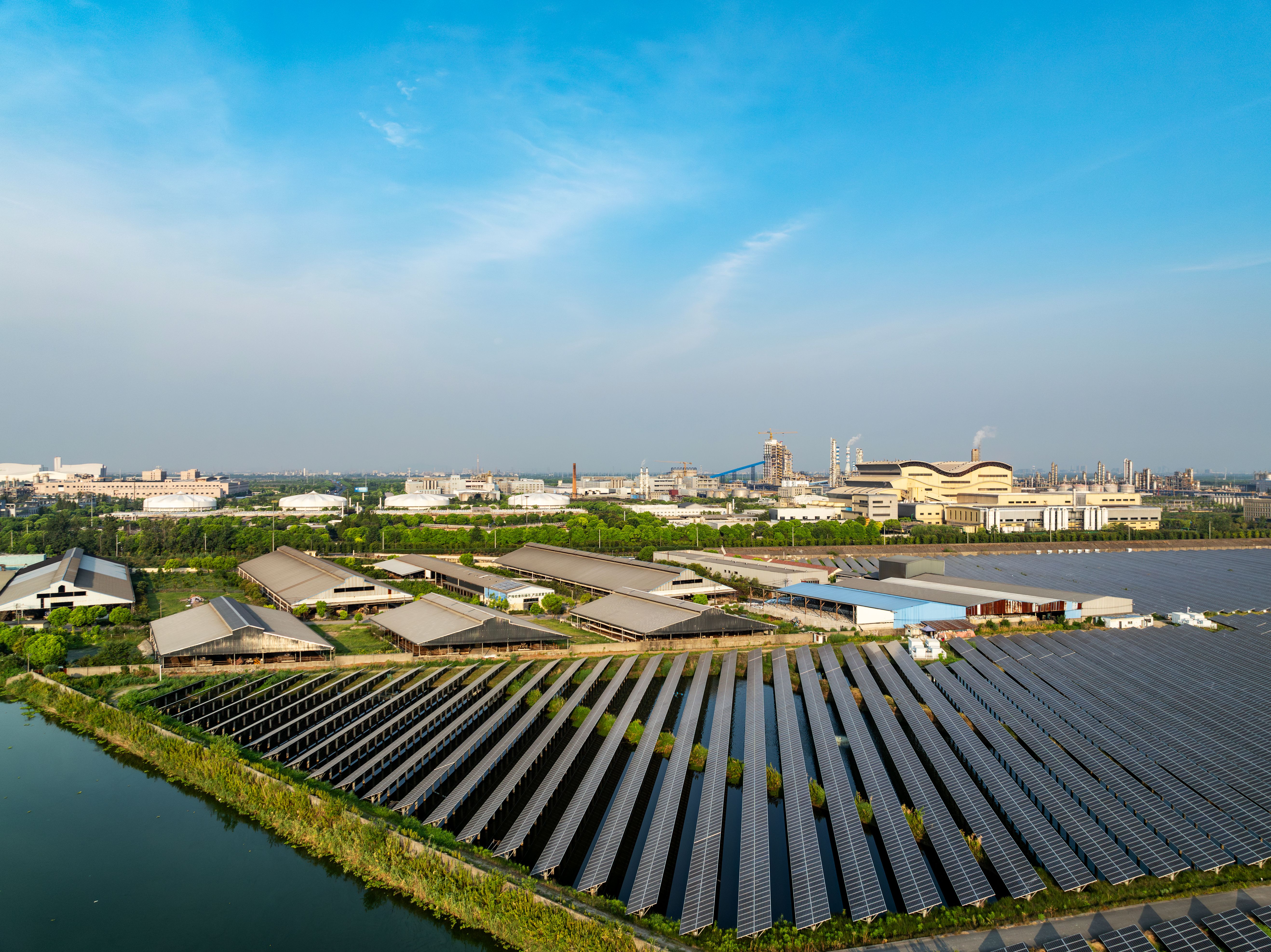Innovations in Modular Refinery Design in Nigeria
Understanding Modular Refineries
In recent years, Nigeria has emerged as a focal point for innovations in the oil and gas sector, particularly in modular refinery design. Modular refineries are compact and efficient, offering a more flexible alternative to traditional refineries. They are designed to process smaller quantities of crude oil, making them a viable solution for regions with limited infrastructure or smaller oil fields.
The advantages of modular refineries are numerous. They can be manufactured off-site, transported, and quickly assembled where needed. This significantly reduces construction time and costs, while also minimizing environmental impact. As Nigeria seeks to reduce dependency on imported refined products, these refineries present an effective solution.

Key Innovations in Design
The latest innovations in modular refinery design in Nigeria focus on maximizing efficiency and sustainability. Engineers are incorporating advanced technologies to optimize the refining process. For example, improved catalysts and heat integration techniques are being employed to enhance fuel production while minimizing energy consumption.
Furthermore, modular refineries are now equipped with cutting-edge monitoring systems. These systems allow operators to track performance metrics in real-time, ensuring optimal operation and quick adaptation to changing market demands. This capability is crucial in a dynamic industry like oil and gas.
Sustainability and Environmental Impact
Sustainability has become a significant driver of innovation within the industry. New designs emphasize reducing emissions and waste. Technologies such as gas flaring reduction and wastewater treatment are being integrated into the modular refinery systems, aligning with global environmental standards.

Additionally, the use of renewable energy sources for powering certain operations within these refineries is gaining traction. Solar panels and wind turbines are being installed to provide supplementary energy, thus reducing the carbon footprint of these facilities.
Economic Implications for Nigeria
Modular refineries hold immense economic potential for Nigeria. By enhancing local refining capacity, they can contribute significantly to reducing the country’s reliance on imported refined petroleum products. This shift not only boosts energy security but also creates jobs and stimulates local economies.
Moreover, with increased domestic refining capability, Nigeria stands to gain more from its crude oil resources. This can translate into greater financial returns for the government and stakeholders, promoting further investment in the sector.

Challenges and Future Prospects
Despite the promising benefits, the implementation of modular refineries in Nigeria is not without challenges. Financing remains a significant hurdle, as initial capital outlays can be substantial. Additionally, regulatory hurdles and bureaucratic red tape can slow down projects.
However, with continuous government support and private sector collaboration, these challenges can be mitigated. The future of modular refineries in Nigeria looks bright, with potential advancements in technology poised to further enhance their efficiency and sustainability.
Conclusion
In conclusion, innovations in modular refinery design are transforming Nigeria’s oil and gas landscape. By embracing new technologies and sustainable practices, these refineries offer a pathway to greater energy independence and economic growth. As the country continues on this path, it will be interesting to see how these innovations unfold and shape the future of Nigeria's energy sector.
